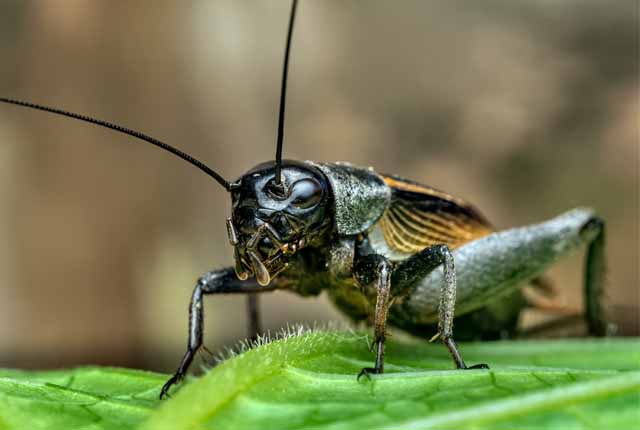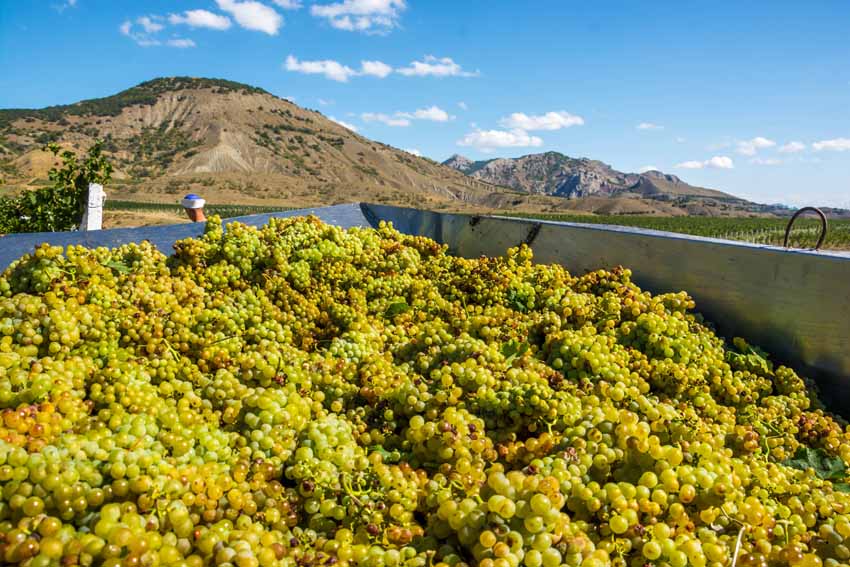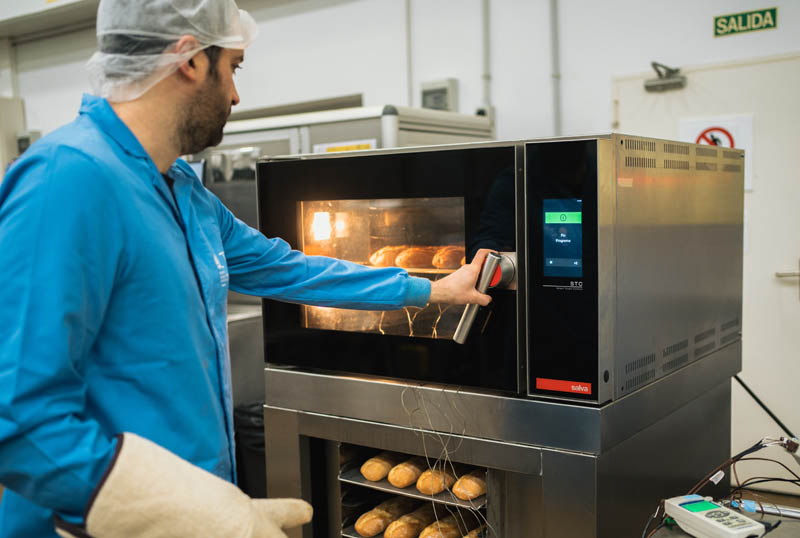Eating insects is not for me
Últimas noticias
AZTI Researcher Ángel Borja Receives Prestigious Odum Award for International Scientific Career
Una mirada LGTBIQ+ al reino animal
Circular Economy in Action: Valorisation of By-products through Projects like PRIMA NEWFEED
- One in four people in Spain are not willing to cut back on consumption of red meat and most are absolutely sure that insects are not a protein source they want to consume, indicates a study conducted by AZTI
- The survey of the eating preferences of 1,500 European consumers is part of the European Future Protein initiative, whose aim is to improve citizens’ knowledge about alternative proteins
- The project financed by EITFood and led by the AZTI technology centre counts the participation of European partners such as Fraunhofer, Puratos and Aarhus University
Derio, 3 December 2020. – Just one in four people in Spain would be willing to reduce their red meat consumption and very few consider insects to be a good protein source, healthy or sustainable; even fewer would be willing to include them in their diet. These are some of the results of a survey of the eating preferences of 1,500 consumers in Denmark, Germany and Spain. This study is part of the research actions of the European Future Protein initiative, a project financed by EITFood and led by the AZTI technology centre which also counts the participation of other European players such as Fraunhofer, Puratos and Aarhus University.
The figures show that only 2% of the respondents are vegans, with a diet based strictly on vegetables, with no product of animal origin, while 3% are vegetarians, i.e. they base their diet on vegetables but also consume some products of animal origin such as eggs, dairy products or fish. It is also revealed that few consumers are open to the consumption of other kinds of alternative products. “Neither insects nor microalgae are considered to be protein-rich sources, although unlike the former, the latter are perceived as a more sustainable source and more consumers would be willing to include them in their diet,” explains Carlos Bald, an AZTI expert in new foods and the project’s coordinator.
The survey served to learn the preferences of consumers, their current relationship with proteins, and to find out what they know about alternative protein sources. The results will be used to draw up strategies that help publicise alternative protein sources and activate awareness-raising actions.

A world that needs new protein sources
The indices concerning protein consumption foreshadow a worrisome future. To feed the nearly 10 billion people calculated to inhabit our planet in 2050, annual food production will have to increase by 70% over current levels. And this increased production goes hand-in-hand with another challenge: the environmental impact caused by the consumption of meat from farm animals, due to the large amounts of resources they consume.
In this regard, the development of alternative proteins has emerged as one of the main food innovation fields in Europe.
“There is an urgent need to generate new sustainable protein sources, safe and with high nutritional quality,” the AZTI expert asserts. But the question remains: “What do we really know about those alternative proteins? Are we aware of their nutritional value? Will they be accepted by citizens?”
“Products made with vegetable proteins are increasingly appearing on the market. Those most used are soy, wheat or pea proteins. But other sources are being researched, highly innovative ones in which the future of our eating habits may lie. Proteins are accordingly being obtained from microalgae, mushrooms and insects, and even from what is known as cultured meat, made by multiplying animal muscle cells as if sowing them, without the need to maintain so many animals for eventual slaughter,” Bald explains.
This survey’s conclusions were disclosed in a conference in which representatives of food companies, research centres and food law experts discussed the needs and challenges faced by science, technology and the agro-food industry. And the figures make it clear: there is an imperative need to improve citizens’ knowledge about alternative proteins.

You can download the press release here.







